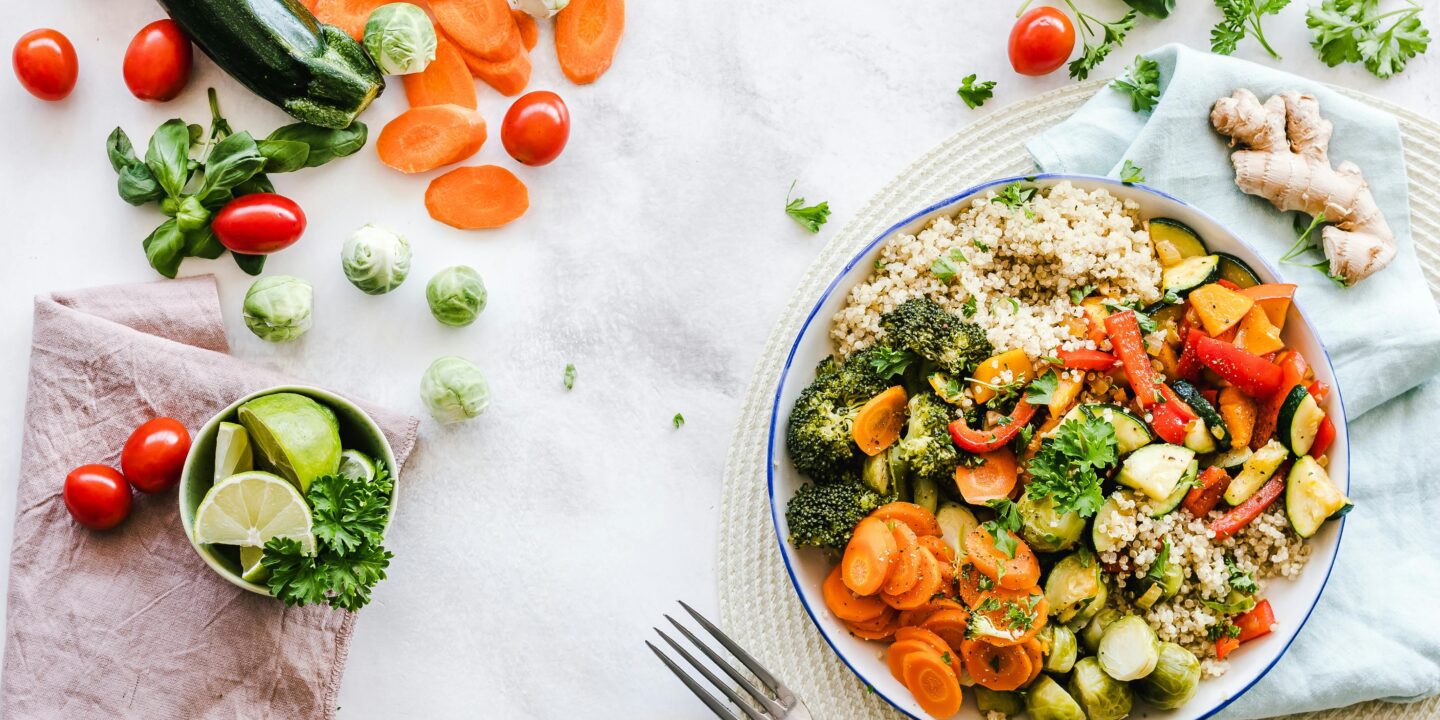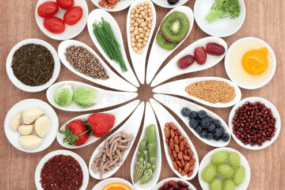
In the quest for better health and longevity, superfoods have taken center stage as nutritional powerhouses packed with essential vitamins, minerals, and antioxidants. While there is no single food that guarantees perfect health, incorporating nutrient-dense superfoods into your diet can enhance overall well-being, support immune function, and reduce the risk of chronic diseases. This article explores some of the most potent superfoods, their benefits, and how to incorporate them into your daily routine.
What Are Superfoods?
Superfoods are nutrient-rich foods known for their exceptional health benefits. These foods are often high in antioxidants, fiber, healthy fats, and phytonutrients, which help fight inflammation, improve heart health, and promote overall wellness. Though there is no scientific definition of superfoods, nutritionists and health experts recognize them as valuable additions to a balanced diet.
Top Superfoods for Optimal Wellness
1. Berries
Berries, such as blueberries, strawberries, raspberries, and blackberries, are loaded with antioxidants, vitamins, and fiber. These fruits help combat oxidative stress, support brain health, and improve heart health by reducing bad cholesterol levels.
How to Incorporate:
- Add them to smoothies or yogurt
- Use them as a topping for oatmeal or cereal
- Eat them as a snack
2. Leafy Greens
Kale, spinach, Swiss chard, and collard greens are excellent sources of vitamins A, C, and K, along with fiber, iron, and calcium. They support digestion, boost the immune system, and reduce the risk of chronic diseases.
How to Incorporate:
- Toss them into salads
- Blend them into smoothies
- Sauté with garlic and olive oil for a healthy side dish
3. Nuts and Seeds
Almonds, walnuts, chia seeds, flaxseeds, and hemp seeds are packed with healthy fats, protein, and omega-3 fatty acids. They support brain function, heart health, and inflammation reduction.
How to Incorporate:
- Sprinkle seeds on salads or yogurt
- Add nuts to trail mix or oatmeal
- Use nut butters as a spread
4. Fatty Fish
Salmon, mackerel, and sardines are rich in omega-3 fatty acids, which help reduce inflammation, support heart health, and improve brain function.
How to Incorporate:
- Grill or bake salmon for a nutritious meal
- Add sardines to salads or toast
- Make a tuna salad with healthy ingredients
5. Legumes
Beans, lentils, and chickpeas are excellent sources of plant-based protein, fiber, and essential nutrients. They promote digestive health, support heart health, and help regulate blood sugar levels.
How to Incorporate:
- Add lentils to soups or stews
- Use chickpeas in hummus or salads
- Cook black beans with rice for a complete meal
6. Turmeric
Turmeric contains curcumin, a compound with powerful anti-inflammatory and antioxidant properties. It helps reduce the risk of chronic diseases and supports joint health.
How to Incorporate:
- Add turmeric to soups, stews, or curries
- Mix it into warm milk with honey
- Use it in homemade dressings and marinades
7. Garlic
Garlic is known for its immune-boosting, anti-inflammatory, and heart-healthy properties. It helps reduce blood pressure, supports cardiovascular health, and fights infections.
How to Incorporate:
- Use fresh garlic in cooking
- Add minced garlic to dressings and marinades
- Roast whole garlic cloves for a mellow flavor
8. Green Tea
Rich in antioxidants and catechins, green tea is known for its metabolism-boosting and brain-enhancing properties. It also supports heart health and aids in weight management.
How to Incorporate:
- Drink a cup of green tea daily
- Use matcha powder in smoothies or lattes
- Brew iced green tea with lemon and honey
9. Avocados
Avocados are a great source of healthy monounsaturated fats, fiber, and potassium. They support heart health, brain function, and skin health.
How to Incorporate:
- Spread avocado on toast
- Blend into smoothies for a creamy texture
- Add slices to salads and sandwiches
10. Dark Chocolate
High-quality dark chocolate with at least 70% cocoa contains flavonoids that help improve heart health, reduce inflammation, and enhance brain function.
How to Incorporate:
- Eat a small piece as a treat
- Use cocoa powder in smoothies or desserts
- Melt it and drizzle over fruit
11. Fermented Foods
Foods like yogurt, kefir, sauerkraut, kimchi, and miso are rich in probiotics that promote gut health and boost the immune system.
How to Incorporate:
- Eat probiotic-rich yogurt as a snack
- Add kimchi or sauerkraut to meals
- Use miso paste in soups or dressings
Building a Superfood-Powered Diet
Incorporating superfoods into your diet doesn’t mean you need to overhaul your eating habits overnight. Start by making small changes, such as replacing processed snacks with nutrient-dense options or adding more fresh ingredients to your meals. Here are a few practical tips:
- Plan Balanced Meals – Ensure each meal contains a combination of protein, healthy fats, fiber, and antioxidants.
- Experiment with New Recipes – Try incorporating different superfoods into your cooking to keep meals interesting.
- Stay Hydrated – Drinking water and herbal teas helps flush out toxins and keeps your body functioning optimally.
- Practice Moderation – Even the healthiest foods should be consumed in balance with a diverse diet.
- Listen to Your Body – Pay attention to how certain foods make you feel and adjust your diet accordingly.
Final Thoughts
Superfoods offer a wide range of health benefits and can easily be integrated into a balanced diet. By focusing on whole, nutrient-rich foods, you can enhance your well-being, boost your energy levels, and support long-term health. Start small, experiment with different ingredients, and enjoy the journey to optimal wellness.























